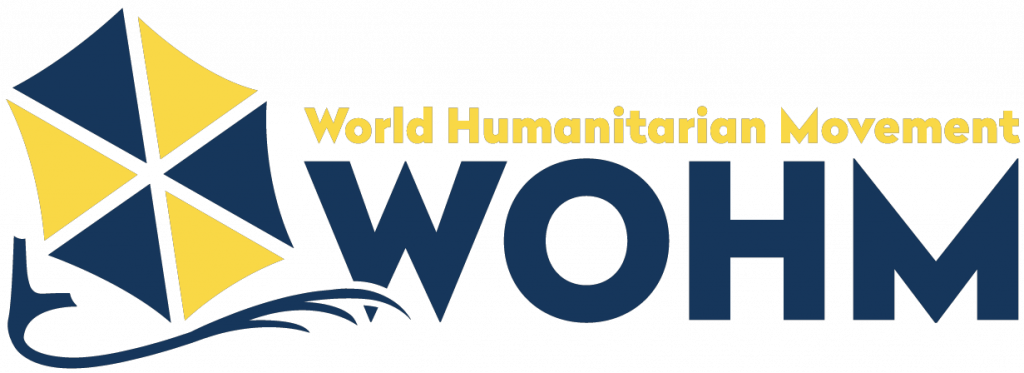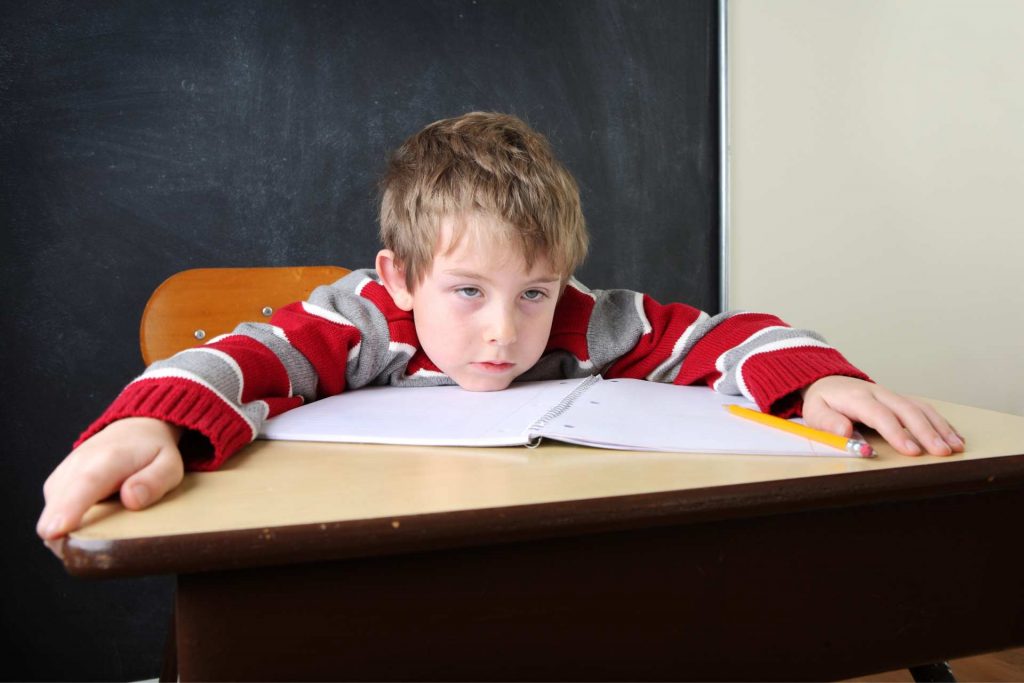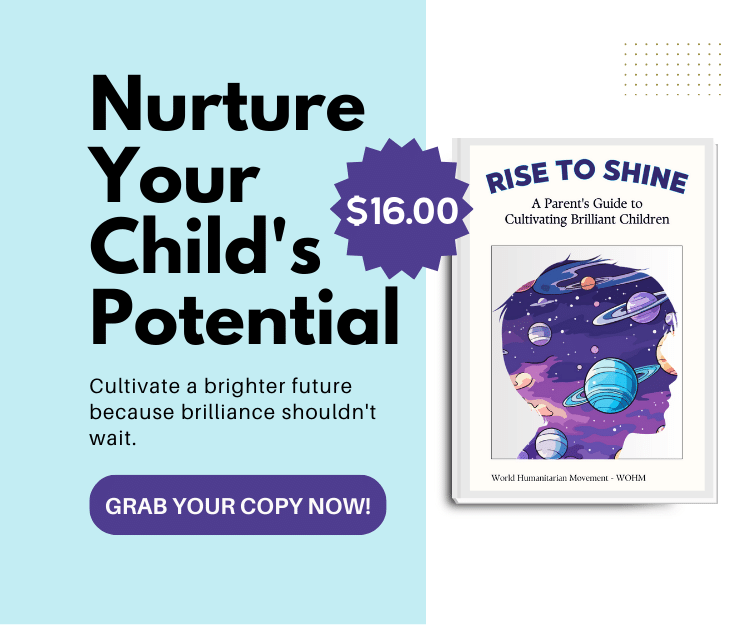Attention Deficit and Hyperactivity Disorder (ADHD) is a common neurodevelopmental disorder that affects millions of children worldwide. It is characterized by symptoms such as inattention, hyperactivity, and impulsivity, which can interfere with a child’s academic, social, and emotional development.
Diagnosing ADHD in children can be challenging, as many symptoms can be mistaken for normal childhood behaviors. However, early detection and treatment of ADHD can significantly improve a child’s quality of life and long-term outcomes.
This article will explore the symptoms, diagnosis, and treatment options for Attention Deficit and Hyperactivity Disorder (ADHD) in children.
Symptoms of ADHD in Children:
Children with ADHD may display a range of symptoms that can be categorized into two main groups: inattention and hyperactivity/impulsivity.
Inattention symptoms of ADHD in children:
- Difficulty paying attention to details or making careless mistakes in schoolwork or other activities.
- Stay focused on tasks or activities, even when enjoyable or exciting.
- Often appearing forgetful or disorganized.
- Difficulty following instructions or completing tasks.
- Avoiding or disliking activities that require sustained mental effort.
Hyperactivity/impulsivity symptoms of ADHD in children:
- Fidgeting or squirming frequently.
- Difficulty staying seated or remaining still.
- Running, climbing, or jumping excessively in inappropriate situations.
- Interrupting others while they are speaking or engaging in activities.
- Difficulty waiting their turn or taking turns during games or group activities.
Diagnosis of ADHD in Children:
A pediatrician or a child psychiatrist typically diagnoses ADHD in children. The diagnosis thoroughly evaluates the child’s symptoms, medical history, and behavioral patterns.
The evaluation may include the following:
- A physical examination rules out any underlying medical conditions contributing to the child’s symptoms.
- A review of the child’s medical history, including any medications or supplements they are taking.
- A review of the child’s developmental history, including milestones such as walking and talking.
- A questionnaire was completed by the child’s parents, teachers, or caregivers to assess the child’s behavior and symptoms.
- Direct observation of the child’s behavior and interactions with others.
Treatment Options for ADHD in Children:
The treatment of ADHD in children typically involves a combination of medication and behavioral therapy. The specific treatment plan will depend on the child’s symptoms’ severity and needs.
Medications for ADHD in children:
- Stimulant medications such as methylphenidate (Ritalin) and amphetamines (Adderall) are commonly used to treat ADHD in children. These medications work by increasing the levels of dopamine and norepinephrine in the brain, which can improve focus and attention.
- Non-stimulant medications such as atomoxetine (Strattera) and guanfacine (Intuniv) may also treat ADHD in children who do not respond well to stimulant medications.
Behavioral therapy for ADHD in children:
- Behavioral therapy can be used in conjunction with medication to help children with ADHD develop coping strategies and improve their social and emotional functioning. Therapy may involve individual or family counseling, social skills training, or parent training programs.
FAQs:
Q: Can ADHD be cured? A: There is no known cure for ADHD, but early detection and treatment can significantly improve a child’s outcomes and quality of life.
Q: Is ADHD a genetic condition? A: There is evidence to suggest that ADHD may have a genetic component, as it often runs in families. However, environmental factors may also play a role in the development of ADHD.
Q: Are there any alternative treatments for ADHD? A: While medication and behavioral therapy are the most commonly used treatments for ADHD in children, alternative treatments, such as dietary changes and herbal supplements, have been suggested. However, no scientific evidence supports their effectiveness, and it is essential to consult with a healthcare professional before trying alternative treatments.
Q: Can children with ADHD lead successful lives? A: Yes, with the proper diagnosis, treatment, and support, children with ADHD can go on to lead successful and fulfilling lives. Many successful people, including entrepreneurs, athletes, and artists, have ADHD.
Conclusion:
Attention Deficit and Hyperactivity Disorder (ADHD) is a common neurodevelopmental disorder that can significantly impact a child’s academic, social, and emotional functioning. Early detection and treatment are crucial for improving a child’s quality of life and long-term outcomes.
If you suspect that your child may have ADHD, it is important to seek a professional evaluation and work with your healthcare provider to develop a personalized treatment plan that meets your child’s individual needs. With the right treatment and support, children with ADHD can thrive and reach their full potential.





